HOW TO FIND THE RIGHT THERAPIST FOR YOU
Why getting started is often the hardest part
Many friends ask me how to find a good therapist. There are many different types of therapies that work great for some but not for others because each of us is wired differently. I find that certain people connect well with talk therapy while others respond better to activities and tools. Tools can be mental exercises or physical actions to take.
For example: when you feel anxious, do this deep breathing exercise.
You can think of achieving mental health in the same way you think of physical exercise. The end goal of exercise is good physical health and there are many ways to obtain it (bootcamp, gym, swimming, yoga etc.). Maybe you prefer running over swimming, and finding out what works for you will better motivate you to obtain your goal. Similarly, the goal of good mental health is resiliency (strength);there are several ways to achieve this. So if you had a counseling or therapy experience you didn’t connect with, don’t be shy about trying a therapist who uses a different technique.
But first, how to narrow down the best type of therapy for you to explore? Here’s my quick breakdown:
If you want: Tools, activities, ‘homework’
Look for a therapist that uses: Cognitive Behavioral Therapy (CBT), Dialectical Behavioral Therapy (DBT)
Good for: Anxiety, intrusive or repetitive thoughts, attention deficit hyperactivity disorder (ADHD), phobias, obsessive-compulsive disorder (OCD)
If you want: Connection and understanding
Look for: Attachment and Relational Therapists
Good for: Depression, isolation, loneliness, healing from childhood issues
If you want: Direction, problem-solving
Look for: Strength-based, Coaching, Motivational Interviewing, Solution Focused
Good for: People experiencing transition (college, job change, new relationship, etc.)
If you want: Understanding of relationship patterns and behavior, understanding how you’re feeling
Look for: Psychodynamic therapy
Good for: Personality disorders, childhood difficulties (especially with parents), fears within a relationship (abandonment, etc.)
If you want: Help changing behaviors with addictive substances (caffeine, alcohol, nicotine, drugs)
Look for: Licensed Chemical Dependency Counselor (LCDC), Motivational Interviewing (MI), Cognitive Behavioral Therapy (CBT)
Good for: People wanting to make difficult lifestyle changes with a substance that has addictive properties
If you want: Peace, managing turmoil and difficult experiences, tools to connect you to yourself
Look for: Mindfulness, Acceptance and Commitment Therapy (ACT)
Good for: Anxiety, depression
If you want: Healing from a traumatic event
Look for: Eye Movement Desensitization and Reprocessing (EMDR) therapy, Trauma-Focused Cognitive Behavioral Therapy (TF-CBT), Narrative Therapy
Good for: Post-Traumatic Stress Disorder (PTSD), Acute Stress Disorder, Traumatic Event(s) (car accident, natural disaster, etc.)
If you want: Support with grief and loss
Look for: Specializing in Grief, Narrative Therapy, Attachment Therapy
Good for: People who lost a loved one, complicated bereavement
If you want: Help with your relationship
Look for: Someone who specializes in couples therapy, uses Emotionally Focused Therapy (EFT), The Gottman Method (good for left-brain thinkers), and Psychobiological Approach to Couples Therapy (PACT)
Good for: Strengthening your relationship, reconnection, decreasing stress and conflict, extramarital affairs, parenting issues, healing from past hurts
Once you’ve identified which type of therapy you think might address your needs, see if you can set up an initial consultation or time to talk on the phone with a therapist. Tell the therapist what you’re looking for and ask if it they think the two of you would work well together. You can share any concerns or fears that you may have about therapy and see how they respond. You can always bring up what you like and don’t like in your therapy sessions and change therapists if it doesn’t feel like a strong fit.
A good place to start looking for a therapist is Psychology Today. You can search by location, insurance accepted, and specialties.
Stepping into therapy can be overwhelming and intimidating. Sometimes the hardest part is simply getting started. Use this guide to arm yourself with more knowledge upfront, and hopefully that will give you the confidence to take this positive step for your well-being, both now and in the future.

